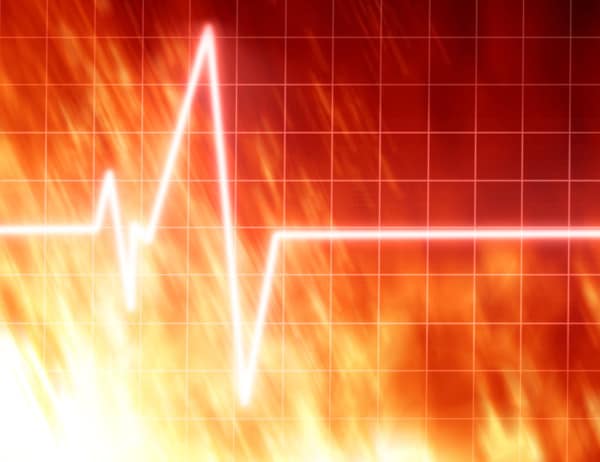Course Details
Your Growth, Our Mission

Course Description
The Training Course Will Highlight ?
Training Objective
Target Audience
Anyone who fights fires, specifies, designs, reviews, or evaluates sprinkler systems including: fire engineers, engineers, plan reviewers, designers, installers, maintenance personnel, inspectors, manufacturers, insurers, and project managers, architects, designers, installers, engineers, electrical contractors, technicians, project managers, and fire marshals
Training Methods
This interactive Training will be highly interactive, with opportunities to advance your opinions and ideas and will include;
- Lectures
- Workshop & Work Presentation
- Case Studies and Practical Exercise
- Videos and General Discussions
Daily Agenda
Module I: NFPA 1 Uniform Fire Code
-
- Administration and Enforcement
- Definitions
- General Provisions
- Means of Egress
- Features of Fire Protection
- Building Services
- Fire Protection Systems
- Occupancy Fire Safety
- Aerosol Products
- Combustible Waste
- Refuse, and Fibers
- Commercial Cooking Equipment
- Dry-cleaning
- Dust Explosion Prevention
- Fireworks
- Model Rocketry and Explosives
- Flammable and Combustible Liquids
- Hot Work Operations
- Industrial Ovens and Furnaces
- Laboratories
- Using Chemicals
- Liquefied Petroleum Gases and Liquefied Natural Gases
- Marinas
- Boatyards
- Marine Terminals, Piers, and Wharves
- Mechanical Refrigeration
- Oxidizer
- Organic Peroxides
- Parking Garages
- Pesticides and Herbicides
- Manufactured Home and Recreational Vehicle Sites
- Refueling
- Safeguards During Building Construction
- Alteration and Demolition Operations
- Service Stations and Repair Garages
- Grandstands and Bleachers
- Folding and Telescopic Seating
- Tents and Membrane Structures
Module II: NFPA 20 Stationary Fire Pumps
-
- Recognize different types of fire pumps and their applications
- Use graphical determinations of fire pump output
- Differentiate between electric and diesel drivers and controllers
- Identify the correct application and installation of fire pumps components
- Evaluate various types of power sources and the requirements for each
- Assure continuity of power
- Describe the difference between National Electrical Code requirements and NFPA 20 requirements
- Commission fire pumps and related equipment
- Determine the appropriate tests, required equipment, and correct test procedures
- Assess fire pump test data
Module III: NFPA 72 National Fire Alarms & Signaling
-
- Administration
- Referenced Publications
- Definitions
- Fundamentals of Fire Alarm Systems
- Initiating Devices
- Protected Premises Fire Alarm Systems
- Notification Appliances for Fire Alarm Systems
- Supervising Station Fire Alarm Systems
- Public Fire Alarm Reporting Systems
- Inspection
- Testing, and Maintenance
- Single- and Multiple-Station Alarms
- Household Fire Alarm Systems
Module IV: NFPA 25 Maintenance & Testing of Water Based Fire Protection Systems
-
- Locate and explain the scope, purpose, definitions and reporting requirements of the 2008 edition of NFPA 25
- Recognize the requirements and procedures for the inspection, testing, and maintenance of private service mains, common valve components, system valves, and sprinkler and standpipe systems
- Plot flow test results to determine causes of water supply problems
- Evaluate system test data
- Differentiate between the types of storage tanks and their inspection and safety concerns
- Identify water spray, foam-water and foam-water spray systems
- Restore obstructed piping
- Recognize the importance of having a procedure to deal with system impairment
Accreditation
BTS attendance certificate will be issued to all attendees completing minimum of 80% of the total course duration.
Quick Enquiry
Request Info
Related Courses
Your Growth, Our Mission

